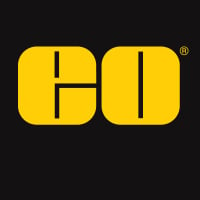
Follow along with the video below to see how to install our site as a web app on your home screen.
Note: This feature may not be available in some browsers.
here is the post I was talking about....and then look at the one below it with the vidMy ANVIS 9’s spent some time in the misty rain last night. Is it okay to just use sunglass cleaner with sunglass cleaning cloth? No dirt on the lens, just dried up rain spots.


zeiss lens wipes
I clean all lenses the same. I blow on them hard to dislodge any grit/blow it free. I then exhale onto them to fog them, then I gently, using a circular pattern starting in the center and moving out, use a clean Q-tip to gently wipe them. It may take several times to remove some grease or similar type contaminants. This was described to me as how many clean expensive camera lenses, and it works for me. Acetone is very strong, very aggressive, and will destroy many polymers. Back about 10 years ago, PPF wrappers were using acetone containing solution to prep car lenses, and specifically, C6 corvette lenses. It caused "crazing" and GM began refusing to honor any warranties on headlight housings if you PPF'ed them, blaming heat retention of the wrap, etc. It was the Acetone. Picture for reference.My ANVIS 9’s spent some time in the misty rain last night. Is it okay to just use sunglass cleaner with sunglass cleaning cloth? No dirt on the lens, just dried up rain spots.
zeiss lens wipes
That's how I feel as well, but I've also never found the CLP or grease spot that fogged glass and a Q-tip wouldn't fix with a little gentle patience.Concur... if merely water spots (water soluble) per OP, breathing on glass followed by CLEAN cloth/wipe will handle it.
The thought of using acetone makes me cringe...when there are so many less aggressive options, including Zeiss wipes mentioned, and several cleaning solutions designed for optics when oil is involved. (fingerprints, etc.)
Acetone dissolves some plastics, paint, nail polish, and superglue.... you won't find it anywhere near my optics.

